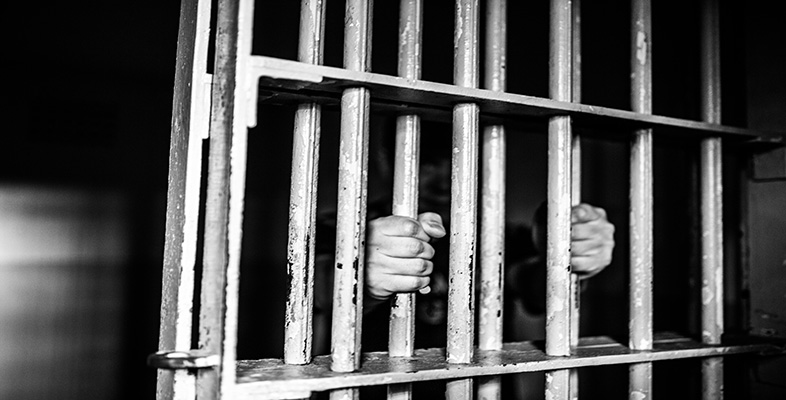Home » Course Layouts » Free Course Layout Udemy
This course, Introduction to critical criminology, provides a brief introduction to critical criminological thinking.
0
54
English
English [CC]
FREE
- Learn basic syntax that can apply to any language.
- Learn what is a programming language and the basic concepts for beginners.
- Understand what is Javascript in it's truest form.
- Know the basic syntax of Javascript.
- Know some hidden quirks in Javascript.
Description
It defines the ways in which critical criminologists take a 'critical stance' on the fundamental concepts, practices and institutions associated with crime and criminal justice systems.
Course learning outcomes
After studying this course, you should be able to:
- Define how critical criminology differs from mainstream criminology
- Identify key features of critical criminological perspectives
- Identify the theoretical building-blocks in critical criminology
- Provide examples of the way critical criminologists think about crime ‘differently’.
Course content
- Introduction 00:05:00
- Learning outcomes 00:05:00
-
- Mainstream or standard criminology 00:05:00
- Classical school of criminology 00:10:00
- Positivist school of criminology 00:15:00
- Positivism and causality 00:10:00
-
- The development of critical criminology 00:10:00
- The inheritance of radical criminology 00:15:00
- What does it mean to be critical? 00:15:00
- Critical analysis: Two examples 00:05:00
- Violence 00:10:00
- Governing through crime 00:15:00
- Key features of critical criminology 00:10:00
- Conclusion 00:10:00
N.A
- 5 stars0
- 4 stars0
- 3 stars0
- 2 stars0
- 1 stars0
No Reviews found for this course.
Instructor
Open University UK
4.8
4.8
14
43384
1068
Explore Free Courses
Access valuable knowledge without any cost.
{"title":"","show_title":"0","post_type":"course","taxonomy":"course-cat","term":"engineering-skills,health-and-safety","post_ids":"","course_style":"free","featured_style":"course6","masonry":"","grid_columns":"clear4 col-md-3","column_width":"268","gutter":"30","grid_number":"4","infinite":"","pagination":"","grid_excerpt_length":"20","grid_link":"1","grid_search":"0","course_type":"","css_class":"","container_css":"","custom_css":""}










